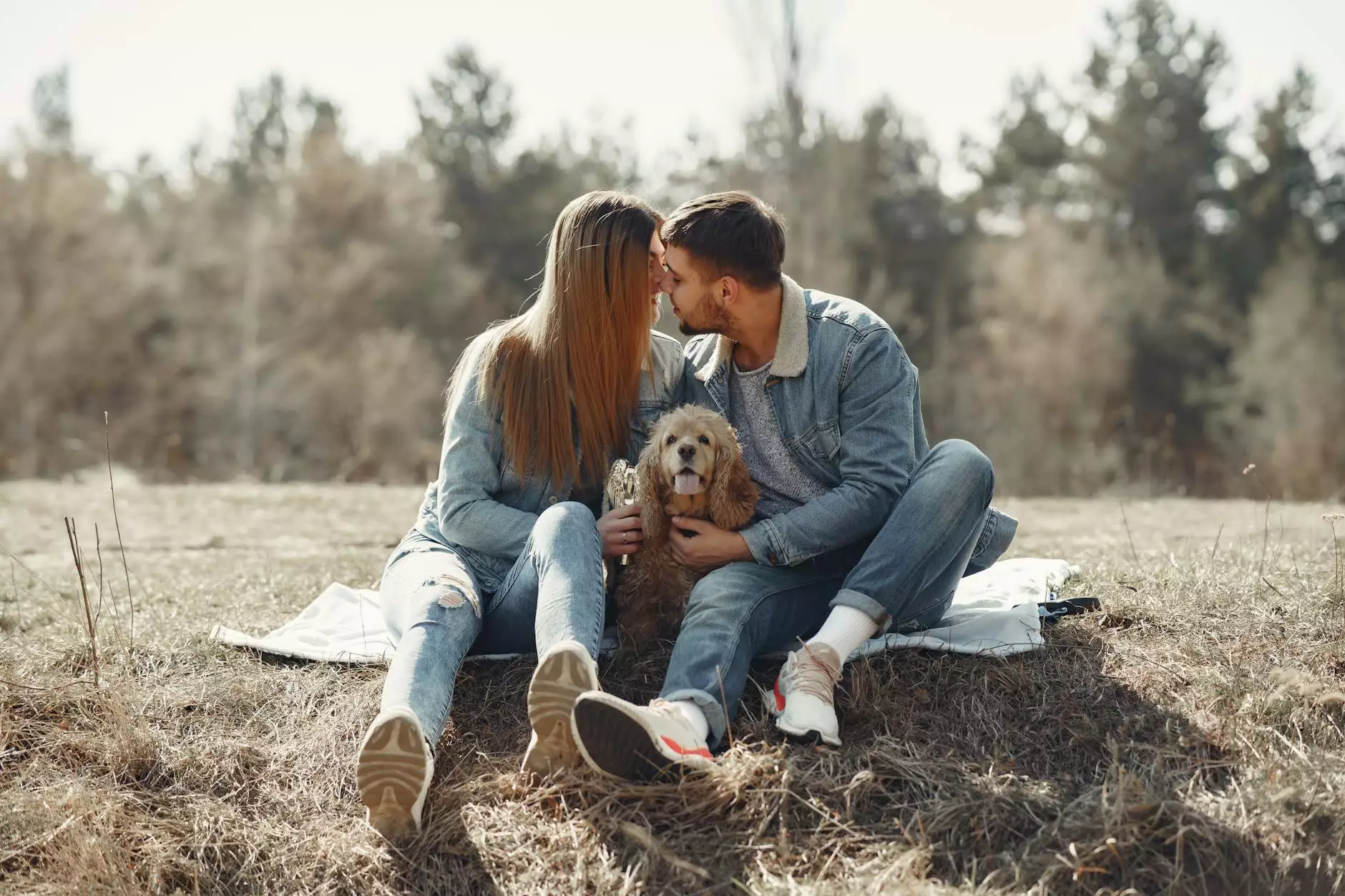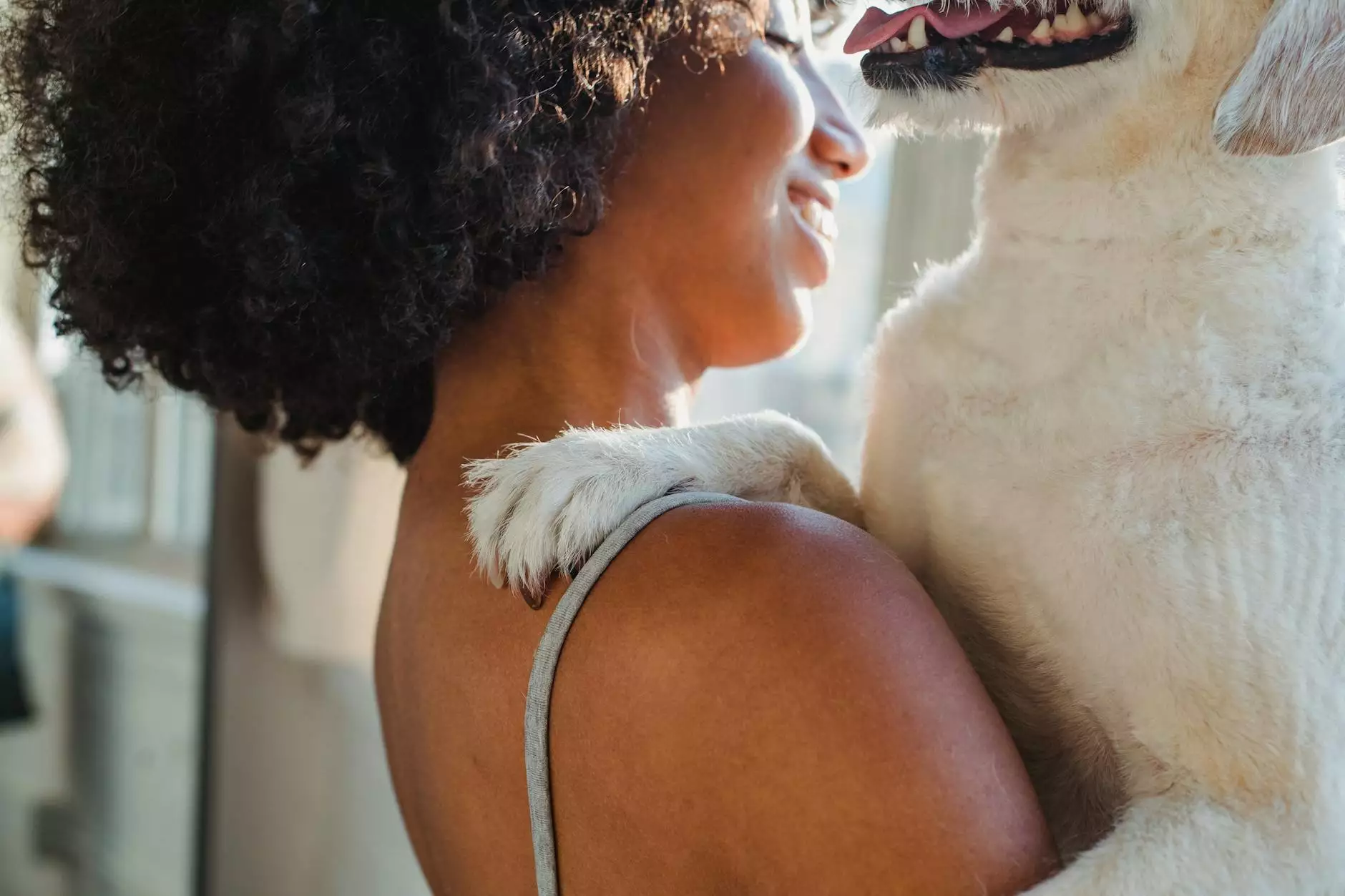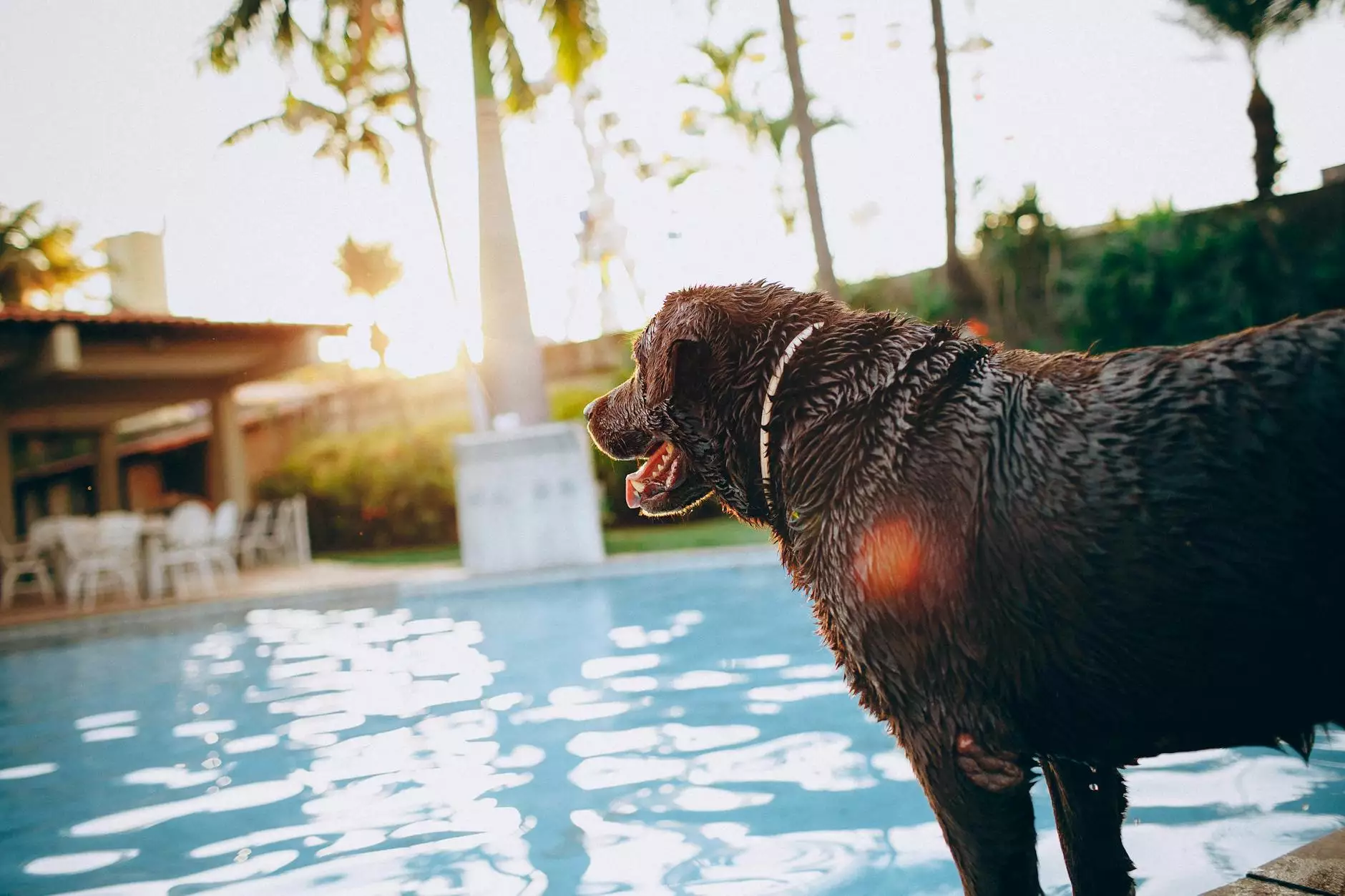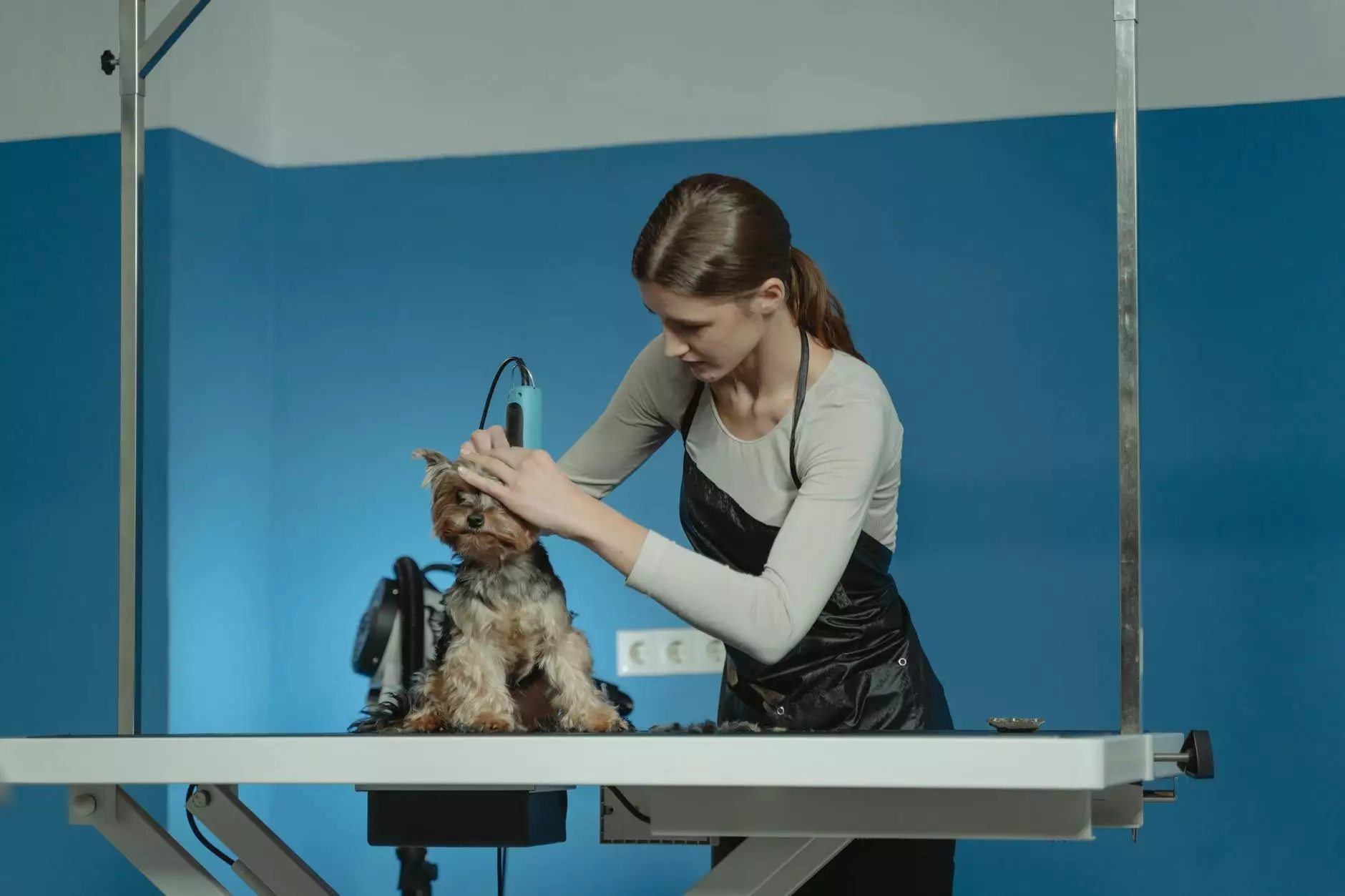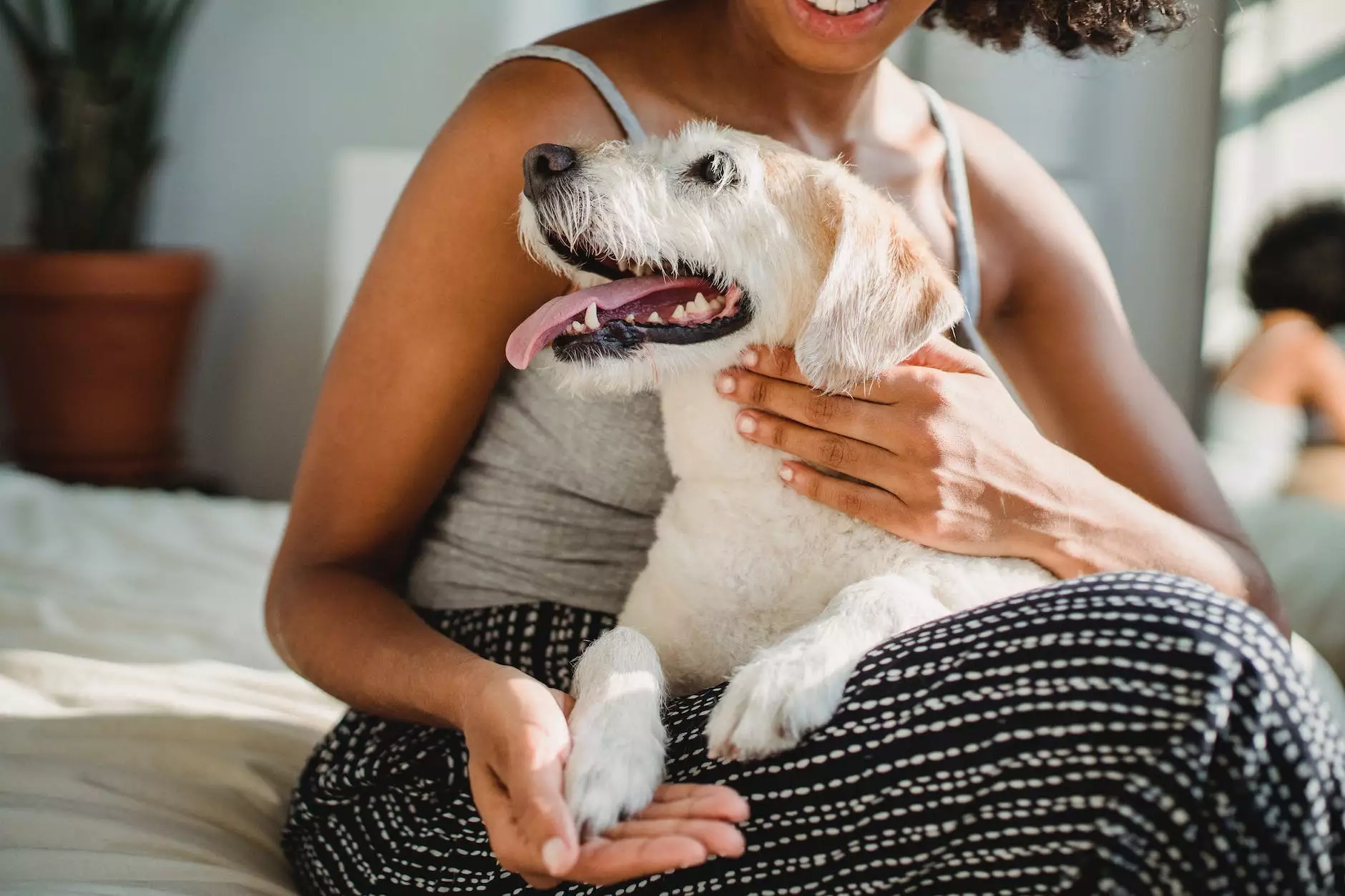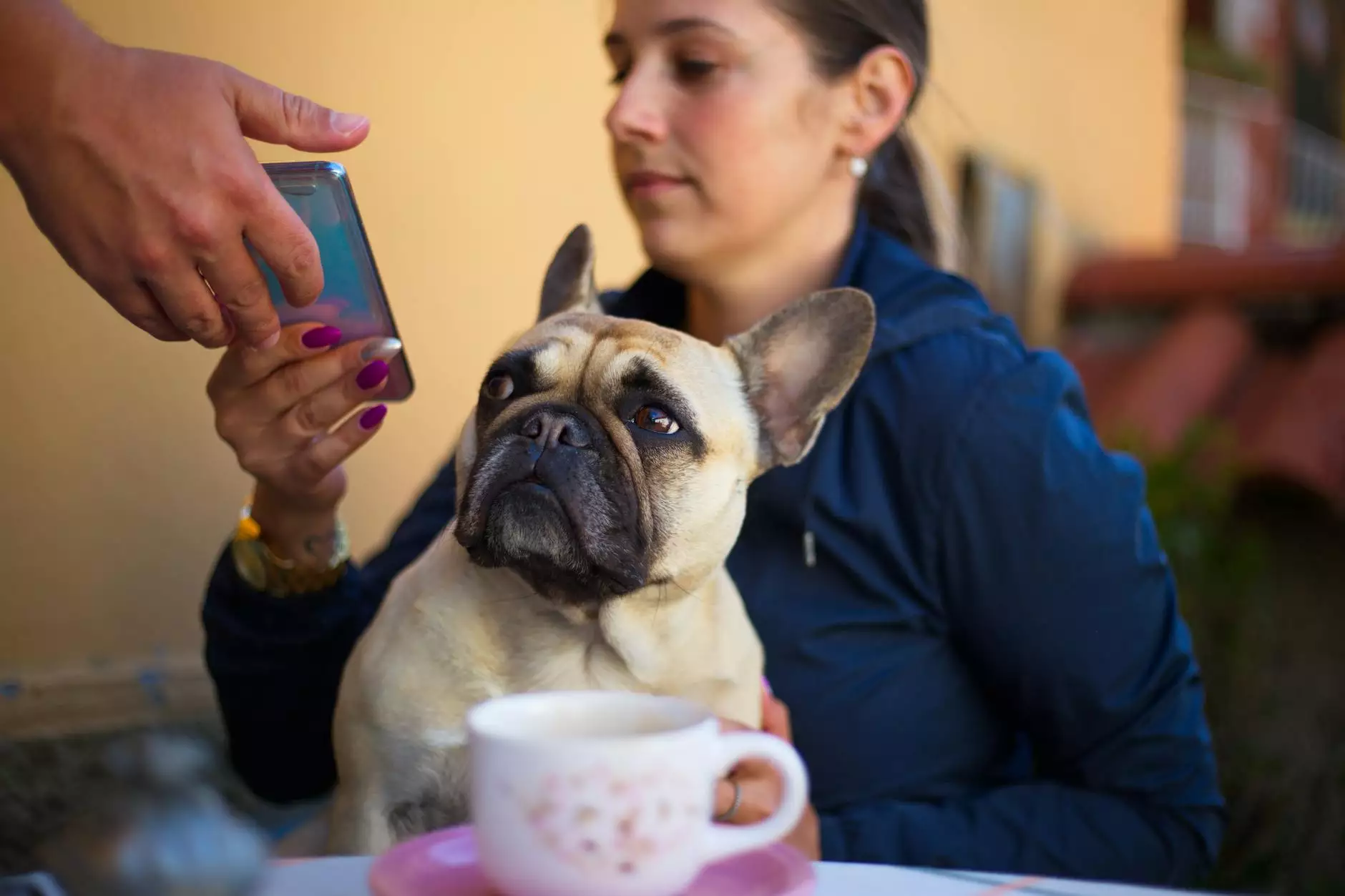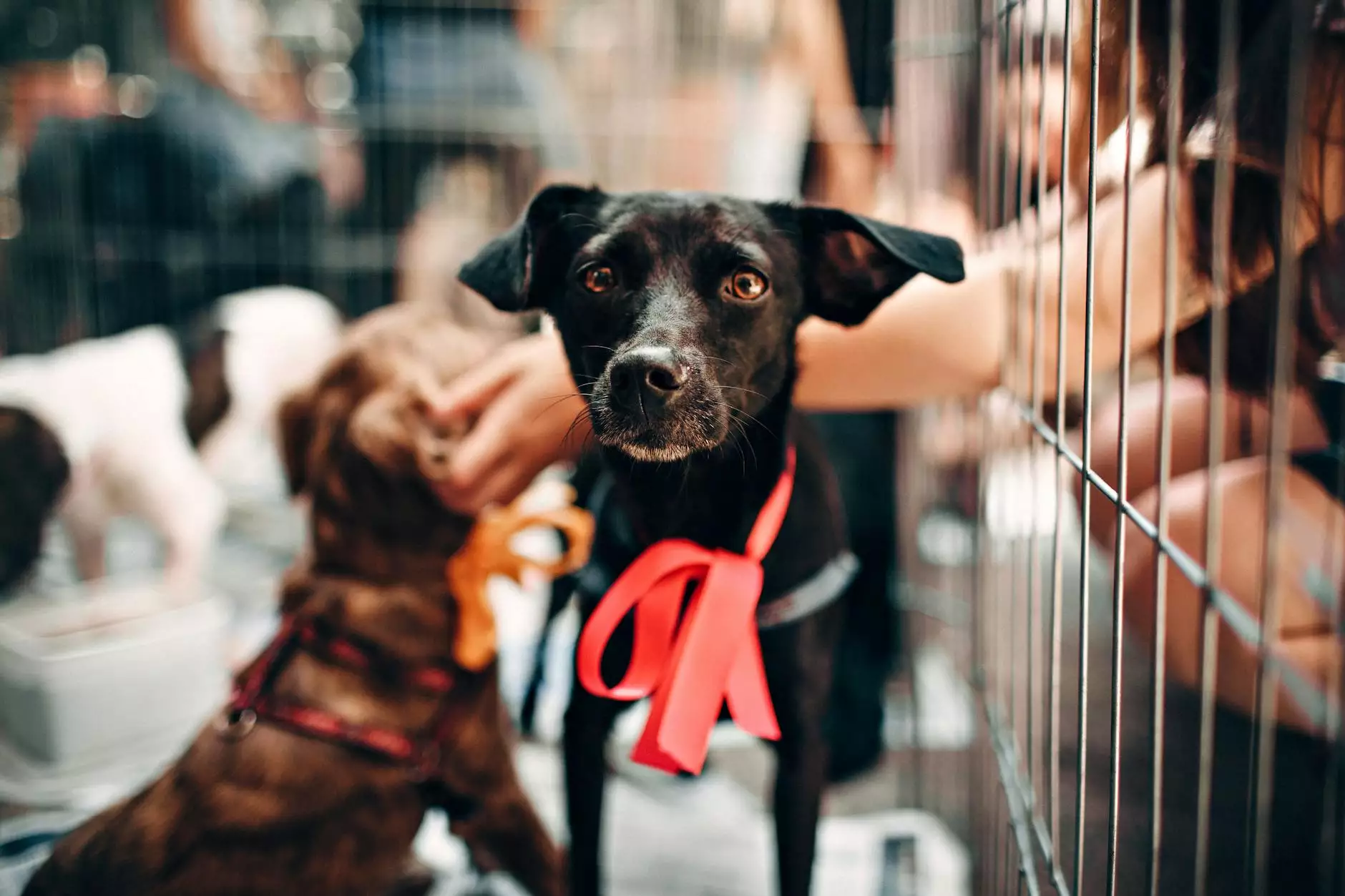How Do You Successfully Treat Anxiety in Dogs?
Dog Care
Understanding Canine Anxiety
Dogs, just like humans, can experience anxiety. Whether it's due to separation, loud noises, travel, or a change in routine, anxiety can severely impact a dog's overall well-being. As a responsible pet owner, it's essential to educate yourself on how to recognize signs of anxiety and provide the necessary treatment to help your furry friend cope.
Common Signs of Anxiety in Dogs
Every dog is unique, and their anxiety symptoms may vary. However, there are several common signs to watch out for:
- Excessive Barking: If your dog barks excessively, especially when they're alone or in unfamiliar environments, it could be a sign of anxiety.
- Panting and Restlessness: Dogs experiencing anxiety may breathe heavily or pace around nervously.
- Destructive Behavior: Chewing furniture, digging, or scratching at doors and windows are common behaviors exhibited by anxious dogs.
- Excessive Licking or Drooling: Anxious dogs may lick or drool excessively, often as a self-soothing mechanism.
- Loss of Appetite: If your dog suddenly loses interest in food or experiences a decrease in appetite, anxiety could be a contributing factor.
Non-Medical Treatment Options
Thankfully, there are various non-medical treatment options available to help alleviate anxiety in dogs. Here are a few effective techniques:
1. Provide a Safe and Comfortable Environment
Creating a secure and calming environment for your dog is essential. This can include:
- Designated Safe Space: Set up a quiet, cozy area where your dog can retreat to when feeling anxious. Add blankets, toys, and familiar scents to make it more comforting.
- Calming Music: Playing soft, soothing music can help mask outside noises and create a calm atmosphere.
- Aromatherapy: Certain essential oils, such as lavender or chamomile, can promote relaxation in dogs. Consult with a veterinarian before using essential oils.
2. Regular Exercise and Mental Stimulation
Physical exercise and mental stimulation are crucial for reducing anxiety in dogs. Regular walks, play sessions, and puzzle toys can help distract your dog's mind and release pent-up energy.
3. Behavior Modification Training
Working with a professional dog trainer or behaviorist can provide valuable insights and strategies to help modify your dog's anxious behaviors. They can create a tailored training plan and teach you techniques to implement at home.
Medical Options
In severe cases of dog anxiety, non-medical treatments alone may not be sufficient. Consult with your veterinarian to discuss potential medical options, including:
1. Prescription Medications
In some instances, veterinarians may prescribe anti-anxiety medications to help manage your dog's anxiety. These medications should always be used under professional guidance and supervision.
2. Natural Supplements
There are natural supplements available that can help calm anxious dogs. These supplements typically contain natural ingredients such as chamomile, valerian root, or L-theanine. Always consult with your veterinarian before starting any supplements.
Remember, every dog is unique, and what works for one may not work for another. It's important to be patient and consistent in your treatment approach. With the right combination of love, care, and appropriate treatment, you can help your furry friend overcome anxiety and live a happier, calmer life.
Conclusion
As pet owners, it's our responsibility to ensure the well-being of our furry companions. By understanding the signs of anxiety in dogs and implementing appropriate treatments, we can help them overcome their fears and anxieties.
At Wisconsin Adventures, we are passionate about providing resources and information to help pet owners navigate the challenges of anxiety in dogs. We believe that every dog deserves to lead a content and worry-free life.
